Ticks
Mosquitoes and ticks are vectors of disease and New Jersey provides ideal environmental factors for them to thrive. Stank Environmental is licensed and certified to protect your property from these harmful pests. We provide information for best practices to reduce their breeding sites. Our service approach involves technologies for an instant elimination, residual protection and insect growth regulation.
Blacklegged/deer ticks climb grass and shrubs to wait for a passing host. They concentrate on such vegetation located in transitional areas/zones such as where forest meets field, mowed lawn meets un-mowed fence line, a foot/animal trail through high grass or forest, etc. Because these transitional areas or edge habits are where most animals travel sometime each 24-hour period, this where the ticks are most likely to acquire a host.
The other habit most likely to harbor ticks is the den, nest or nesting area of it’s host such as that of skunks, raccoons, opossums, but especially the white-footed mouse.
The white-footed mouse prefers woody or brushy areas. It nests in any place that gives shelter such below ground, in stumps, logs, old bird or squirrel nests, woodpiles, buildings, etc.
A favorite feeding are for these ticks on humans is at the back of the neck, at the base of the skull; long hair makes detection more difficult. However, the ticks will usually crawl about for up to 4 hours or so before they attach.
Then, a tick has to be attached for a period of 6-8 hours before a successful transmission can take place.
Source: National Pest Management Association
Services Offered
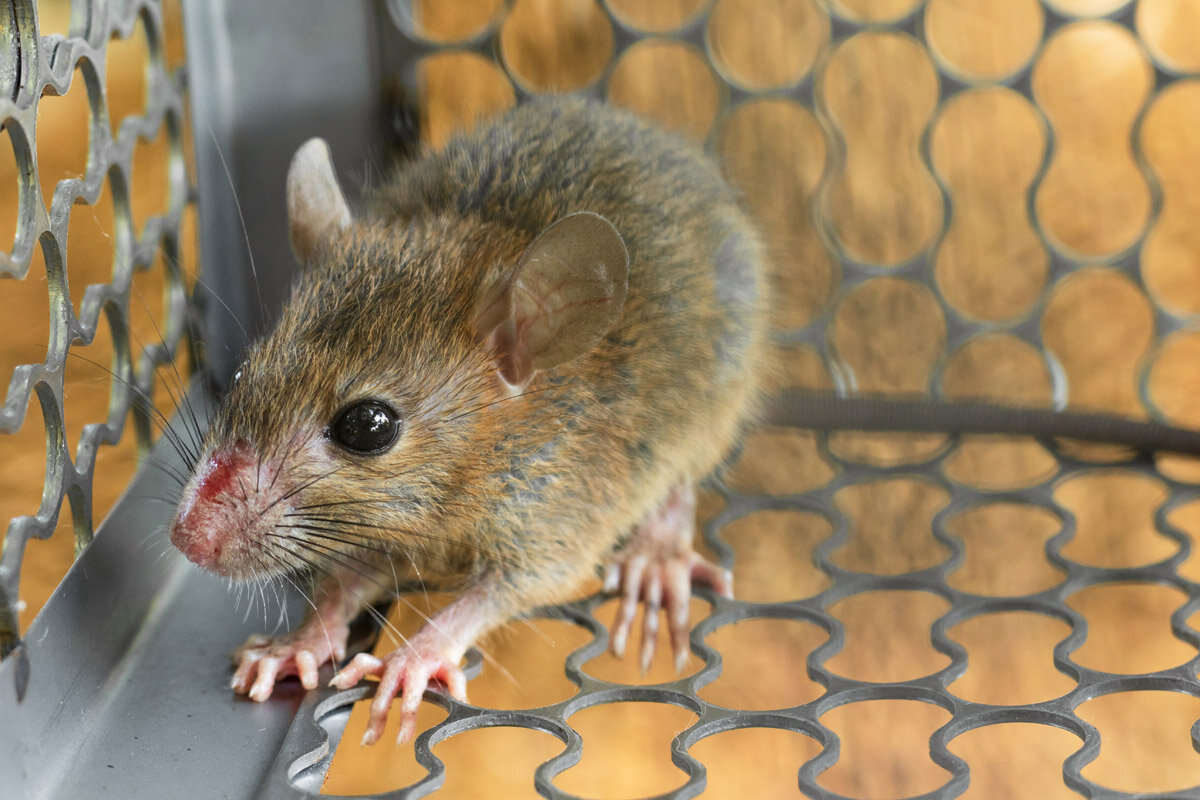
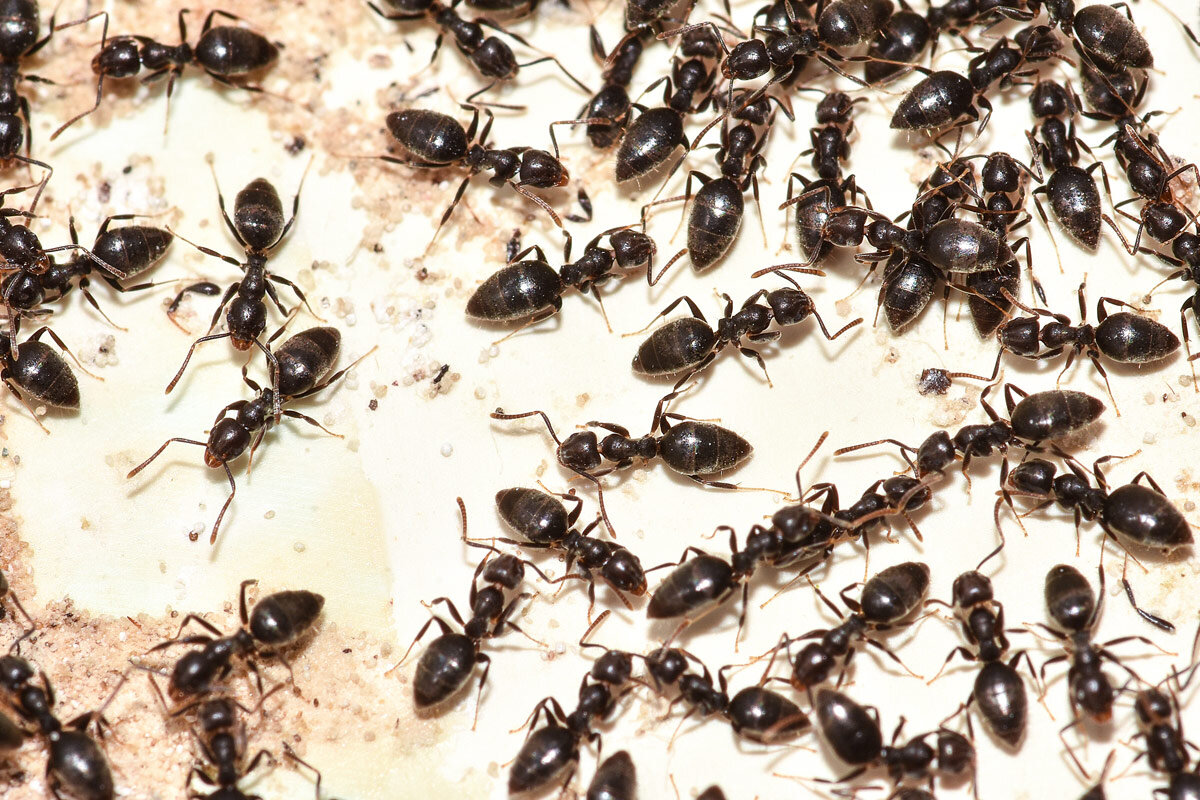
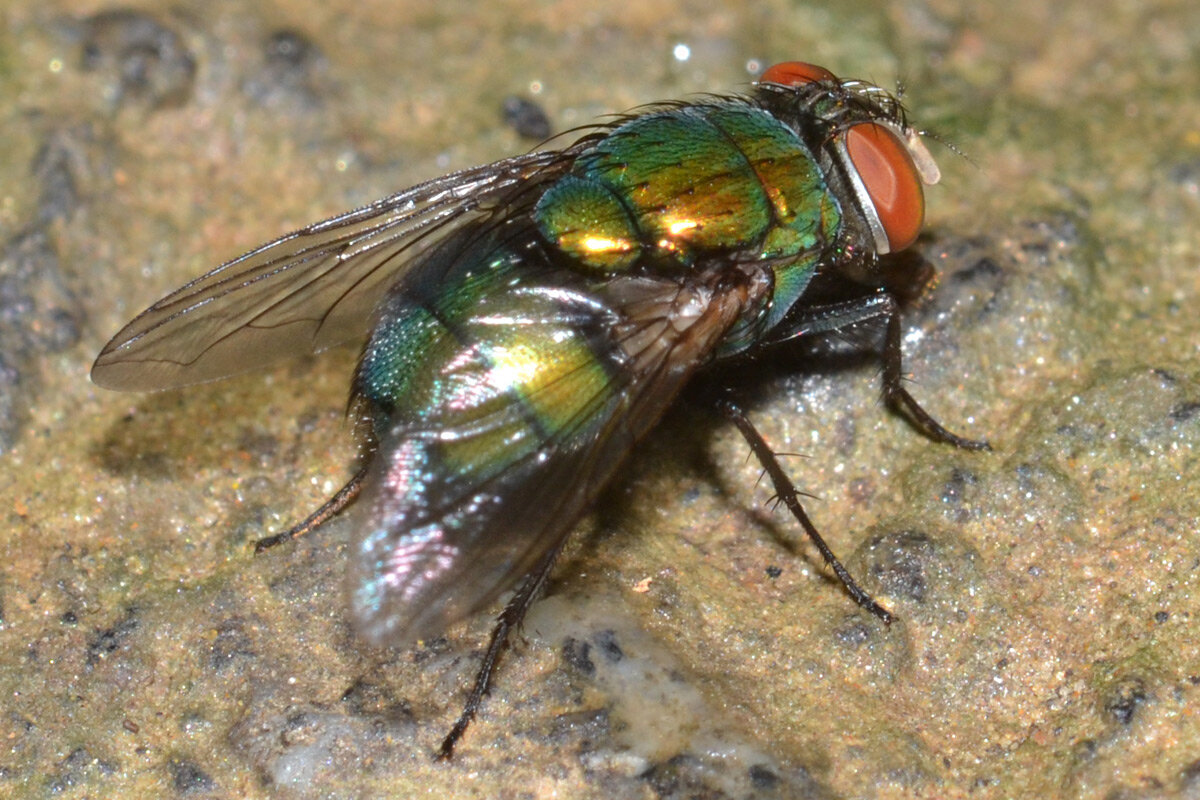
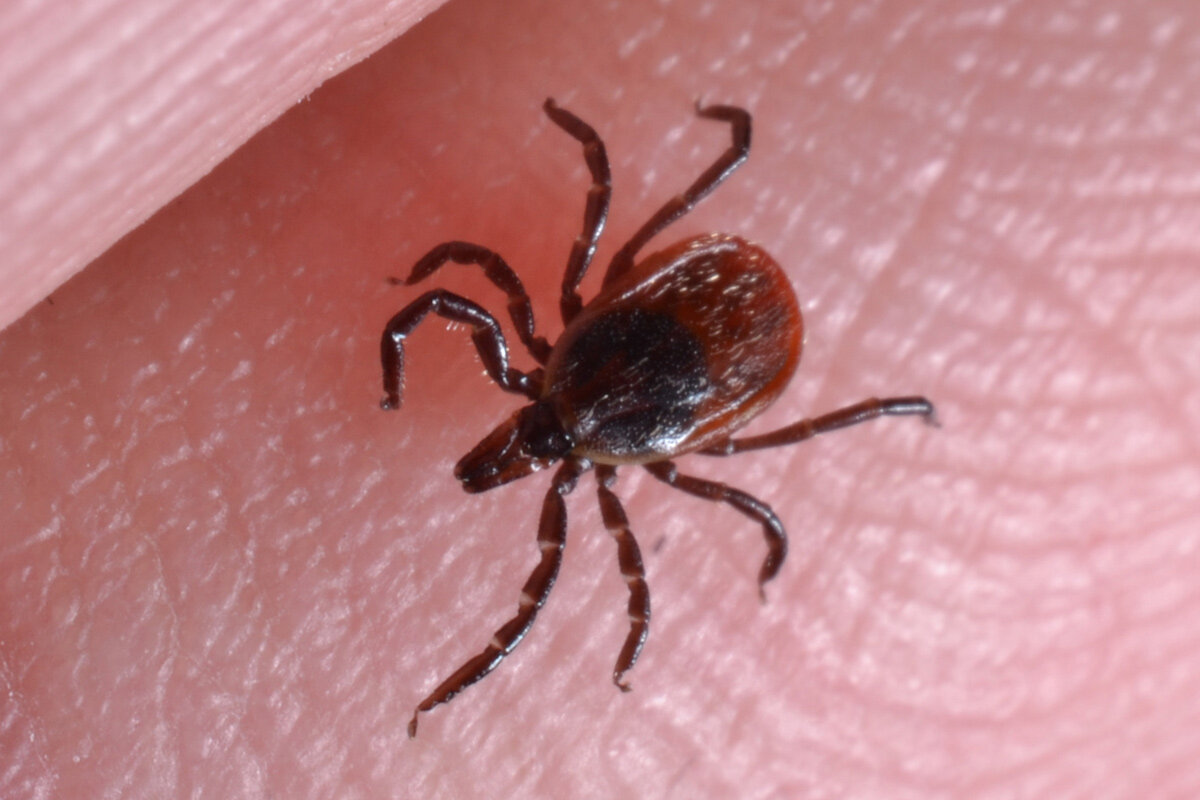
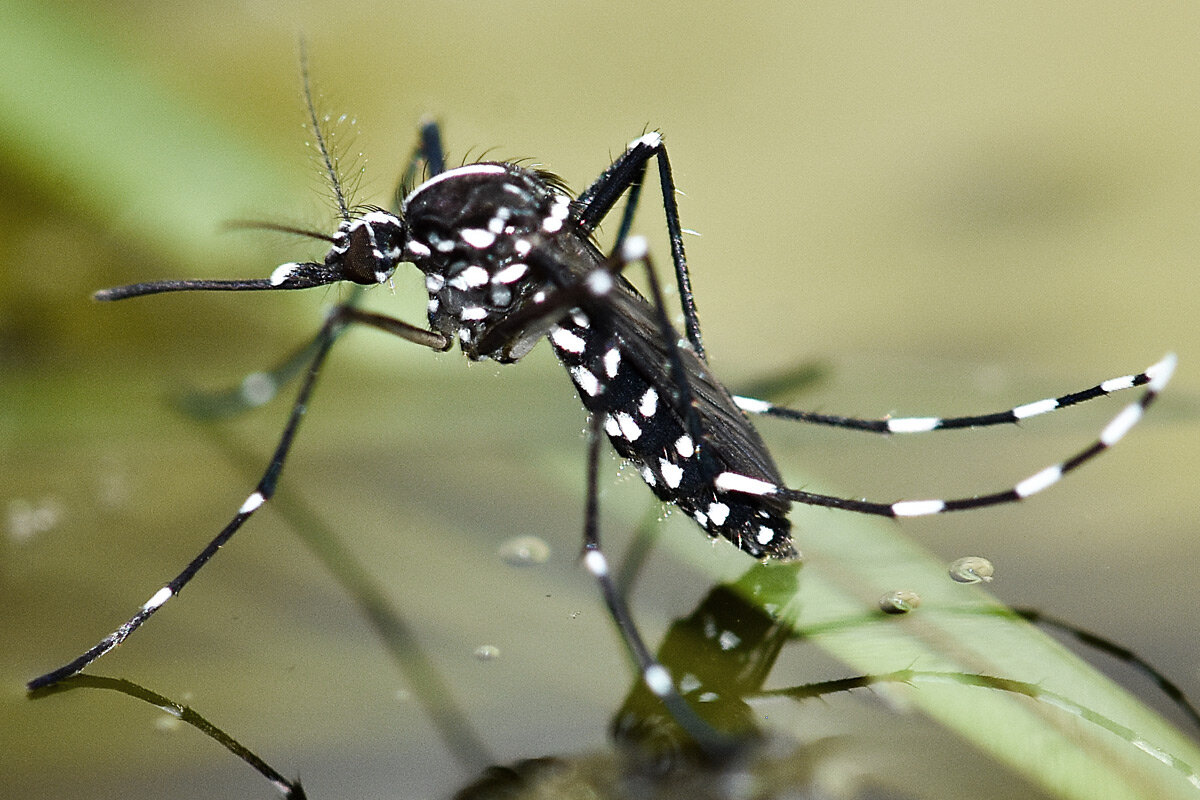
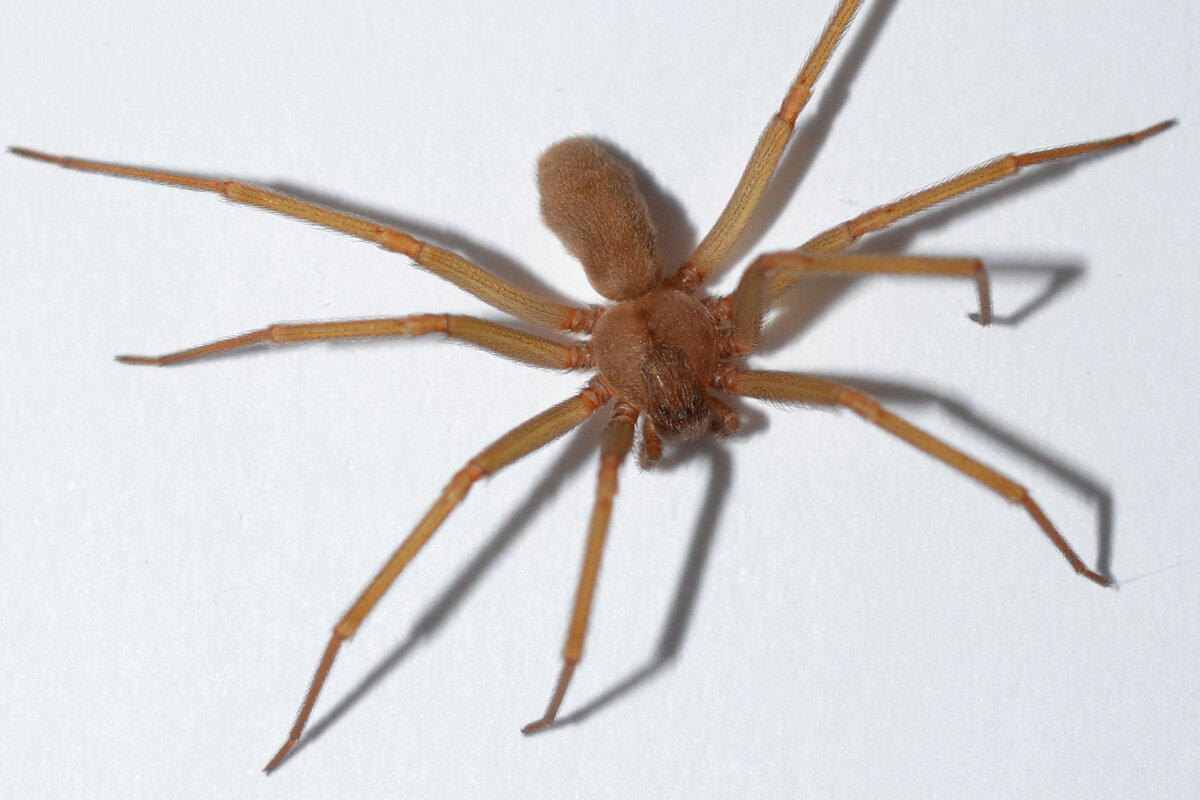
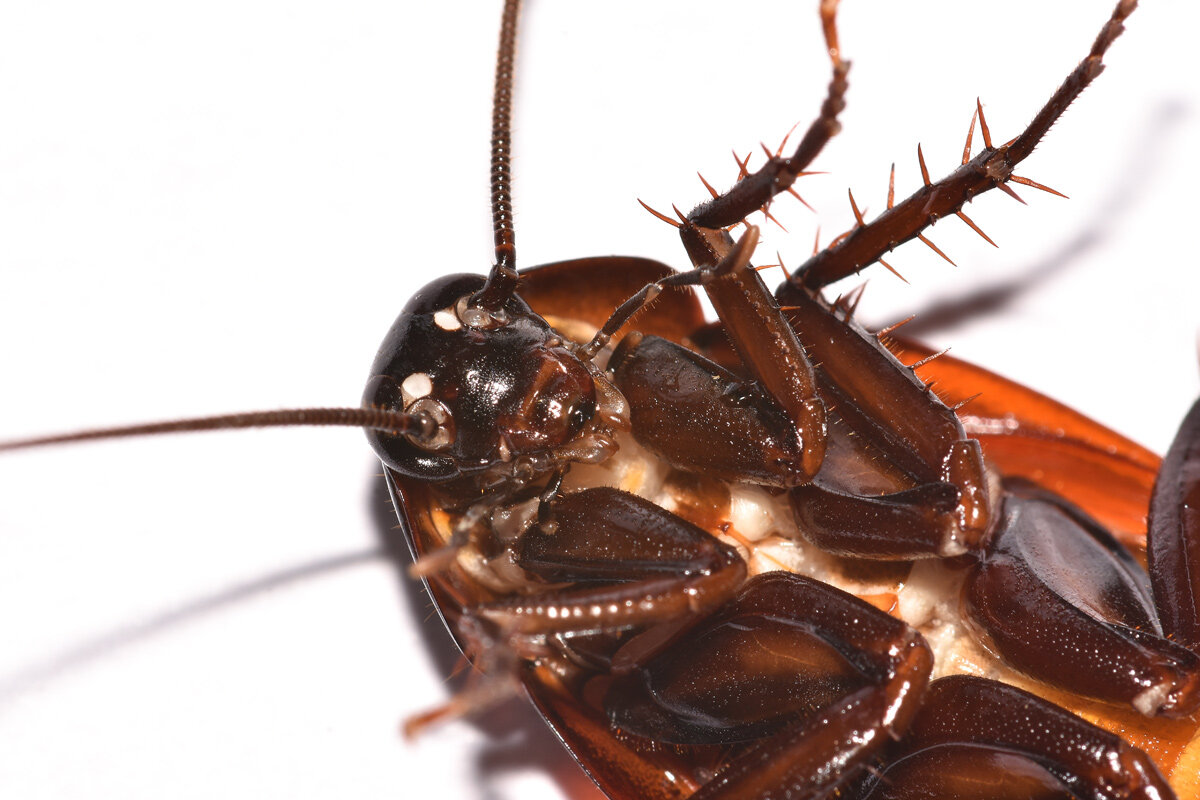
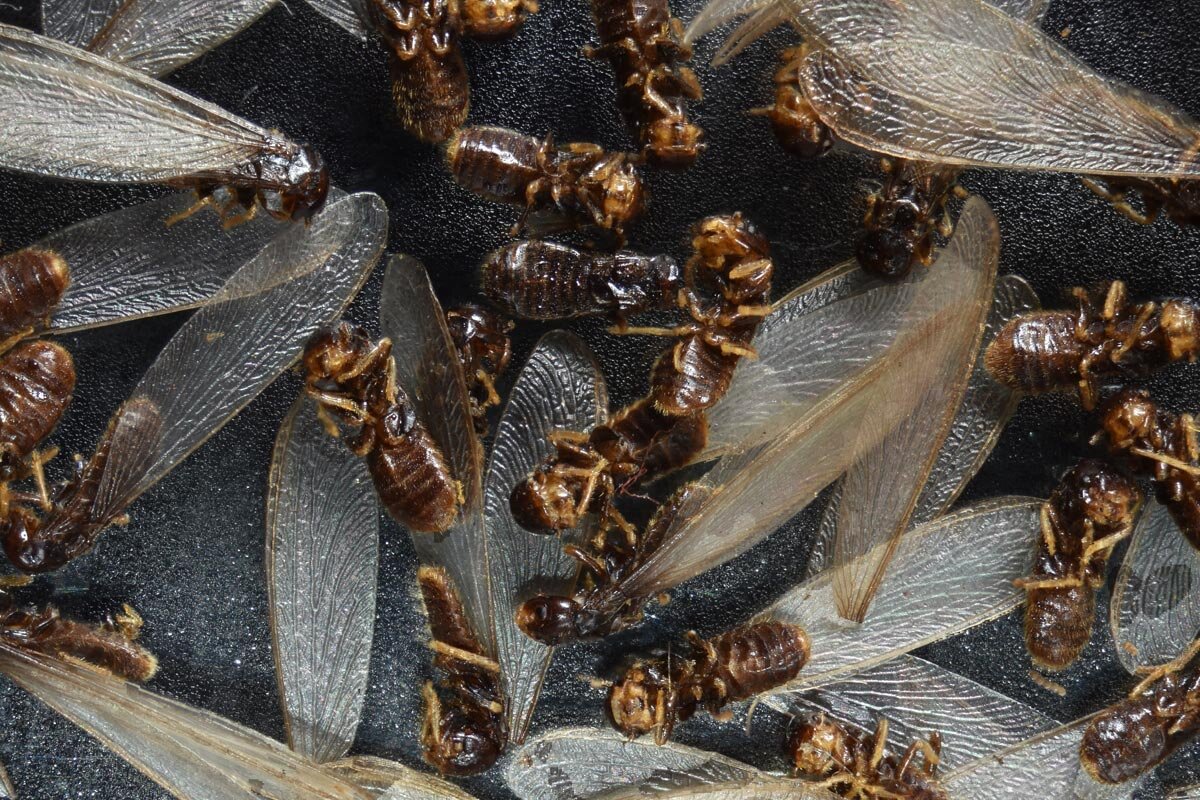
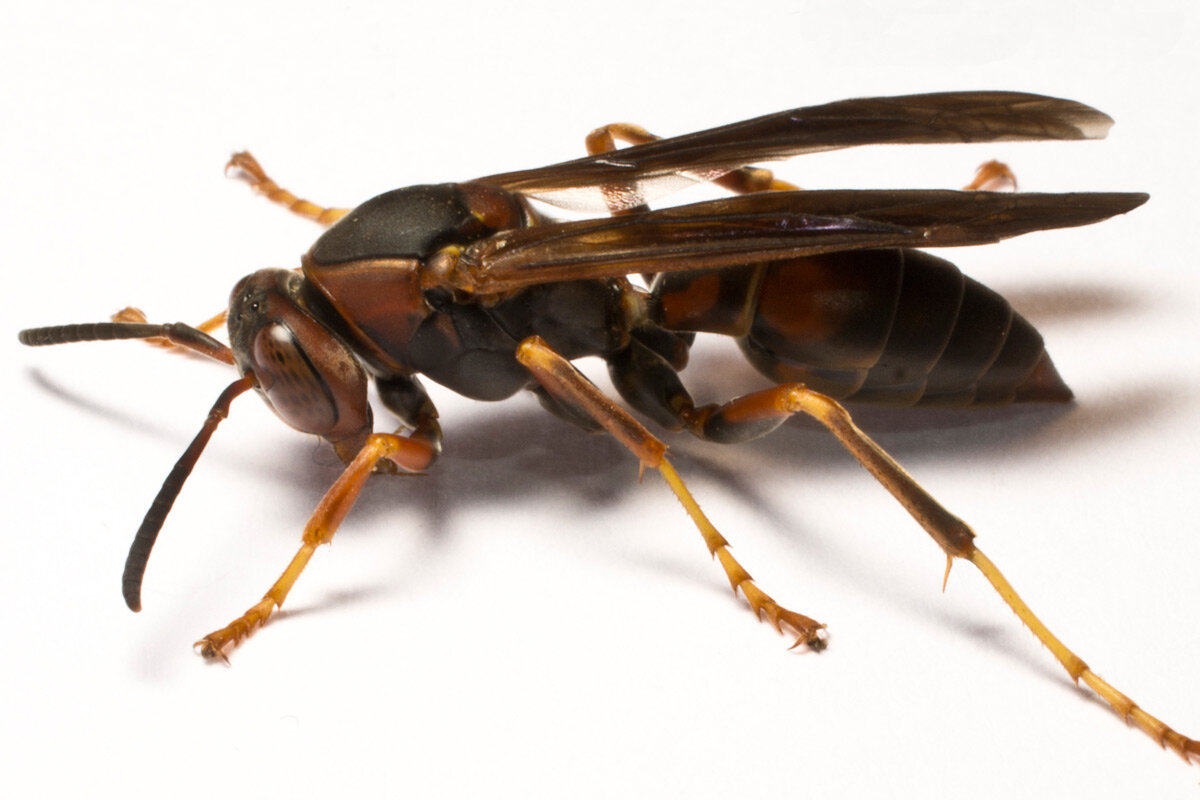
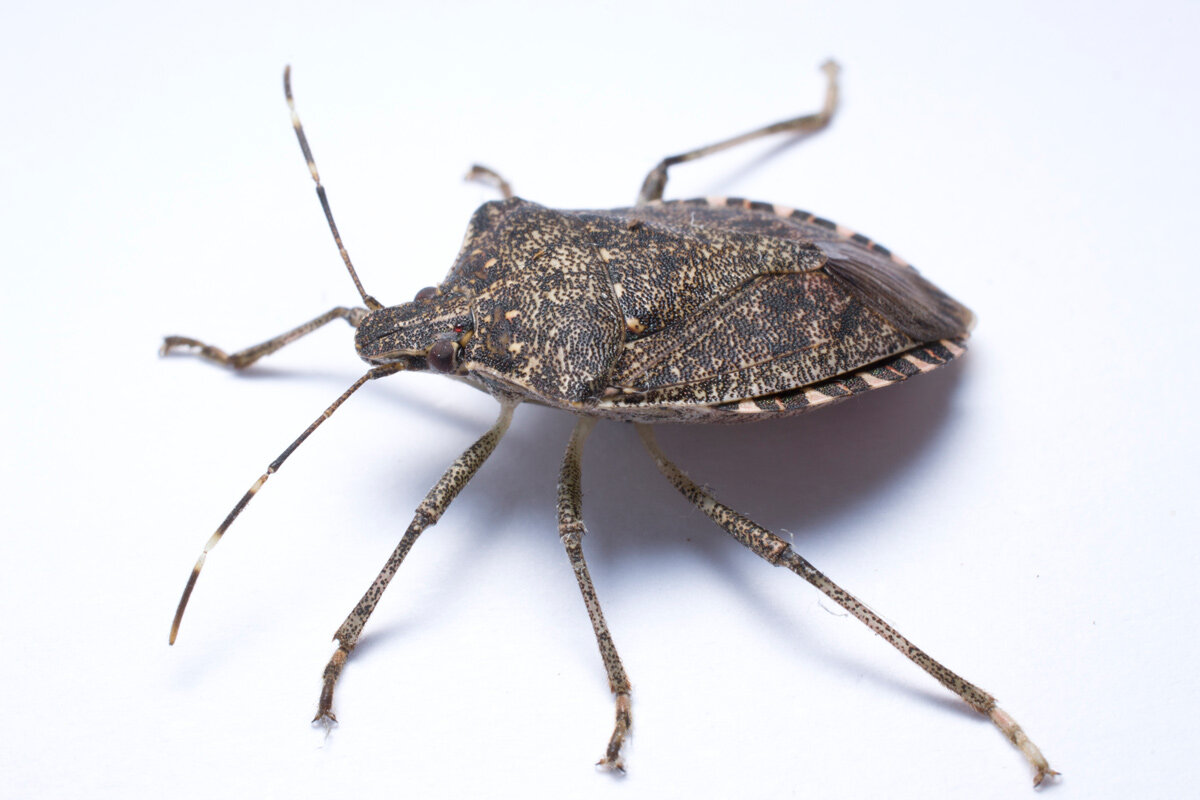
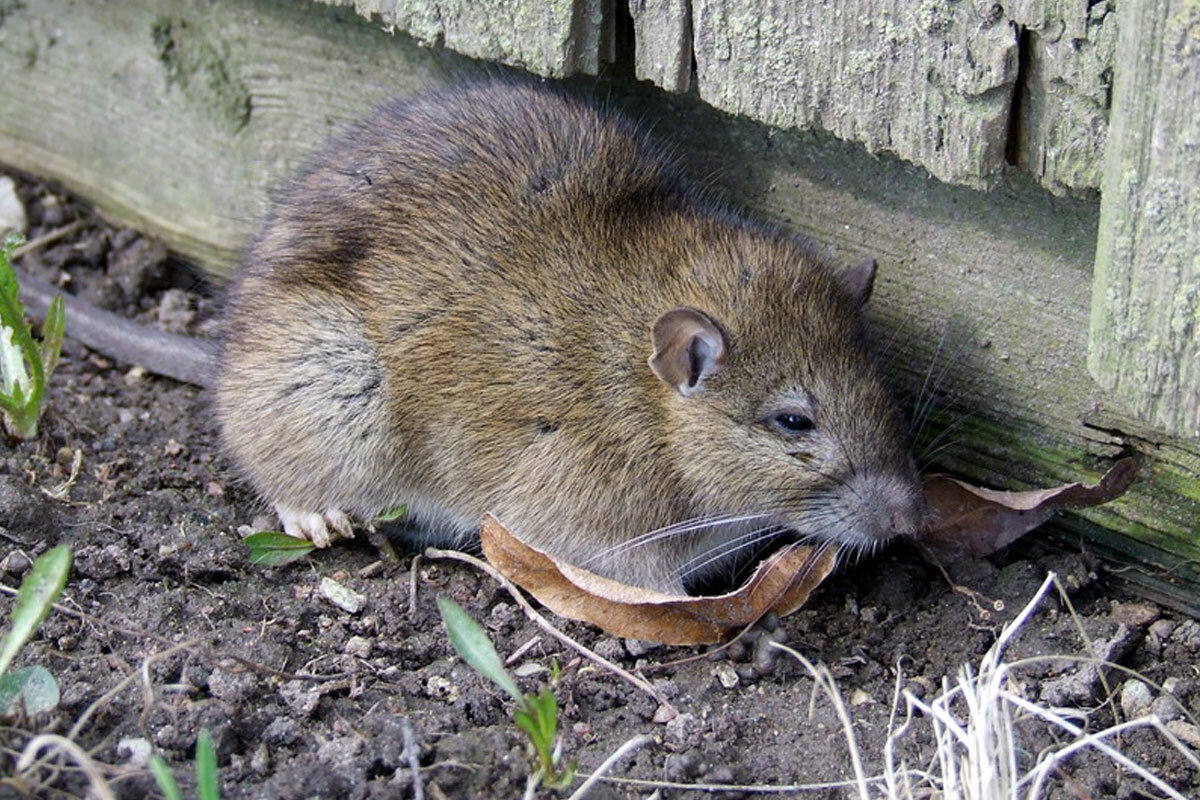
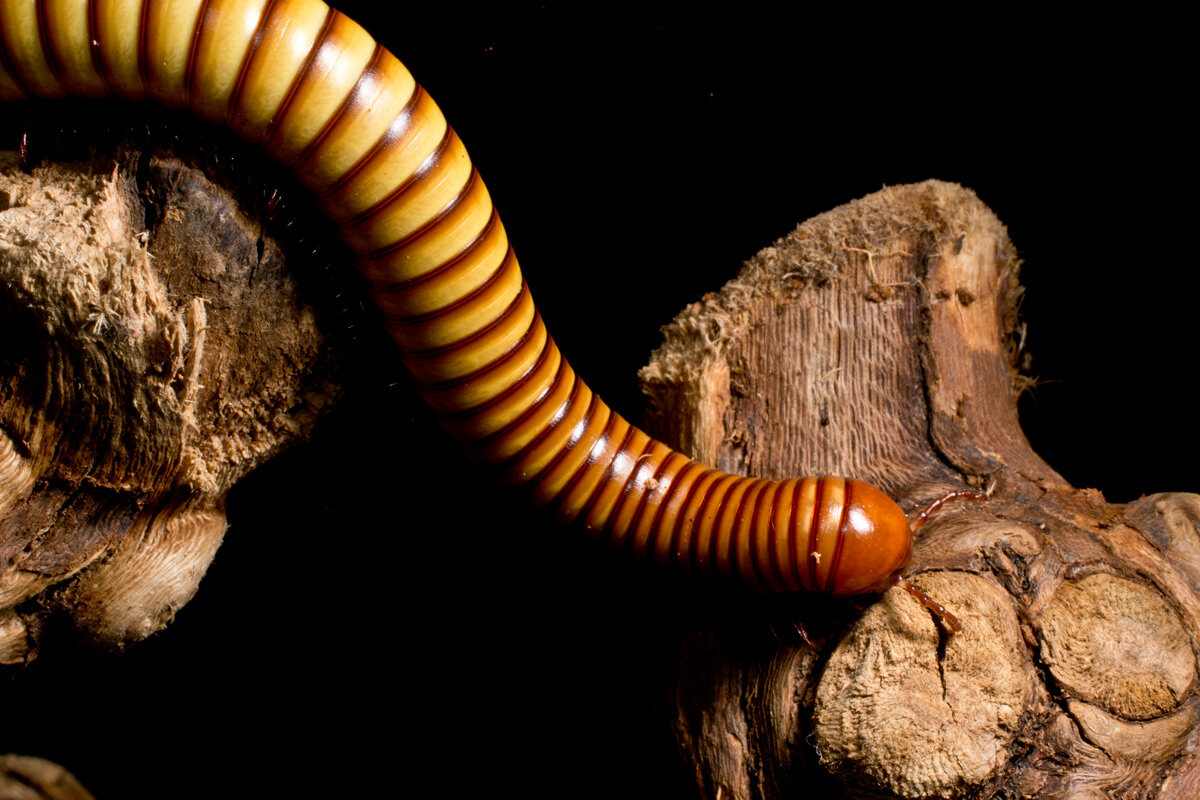
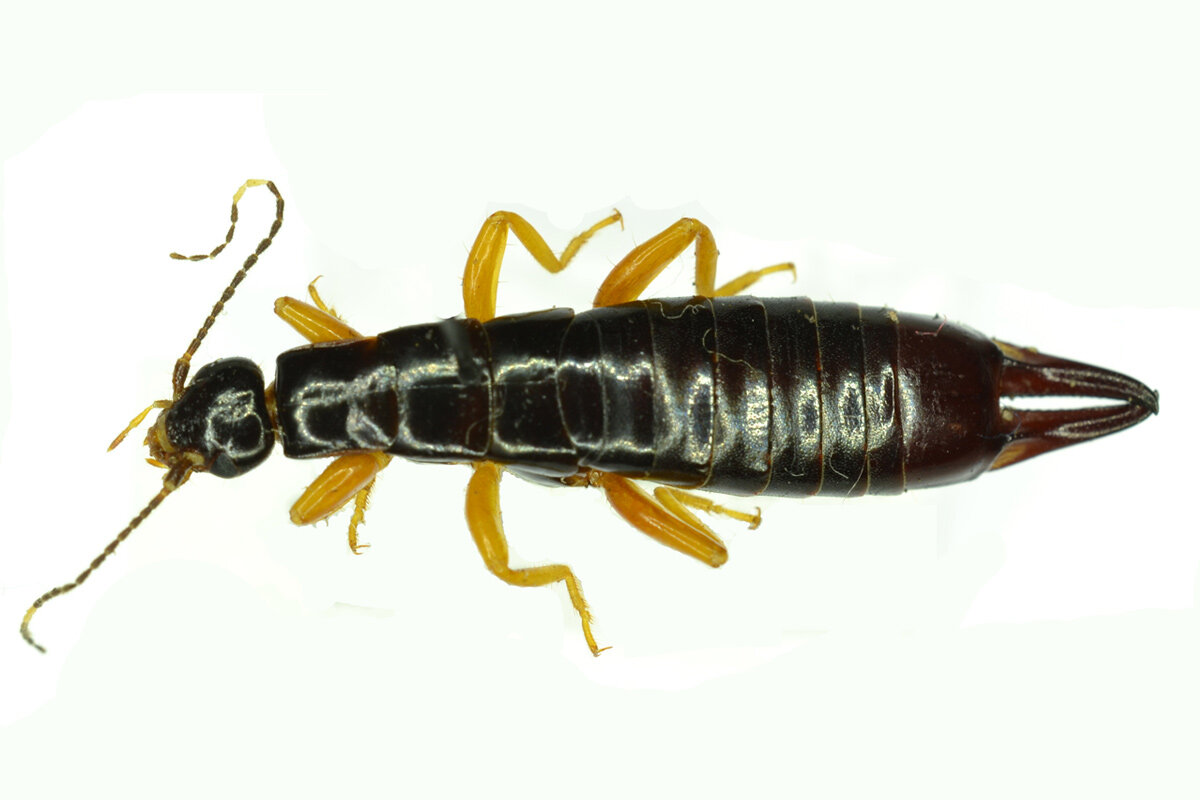
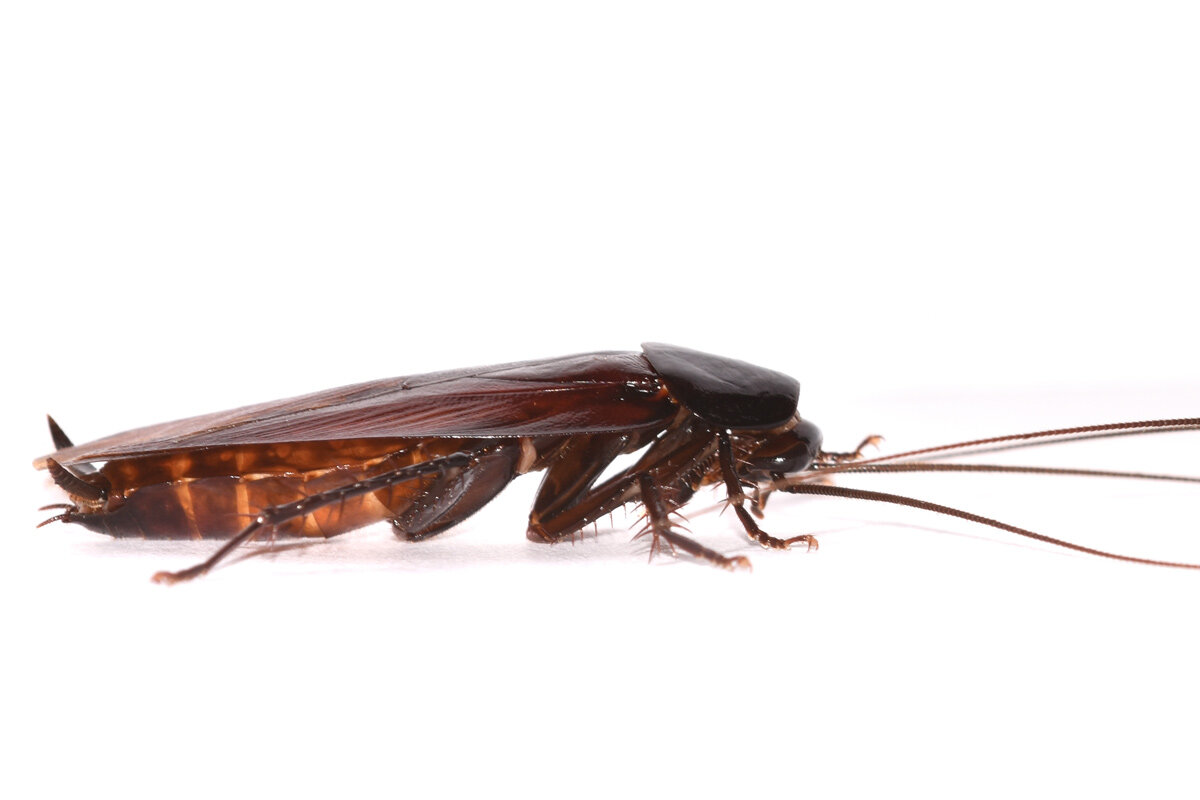
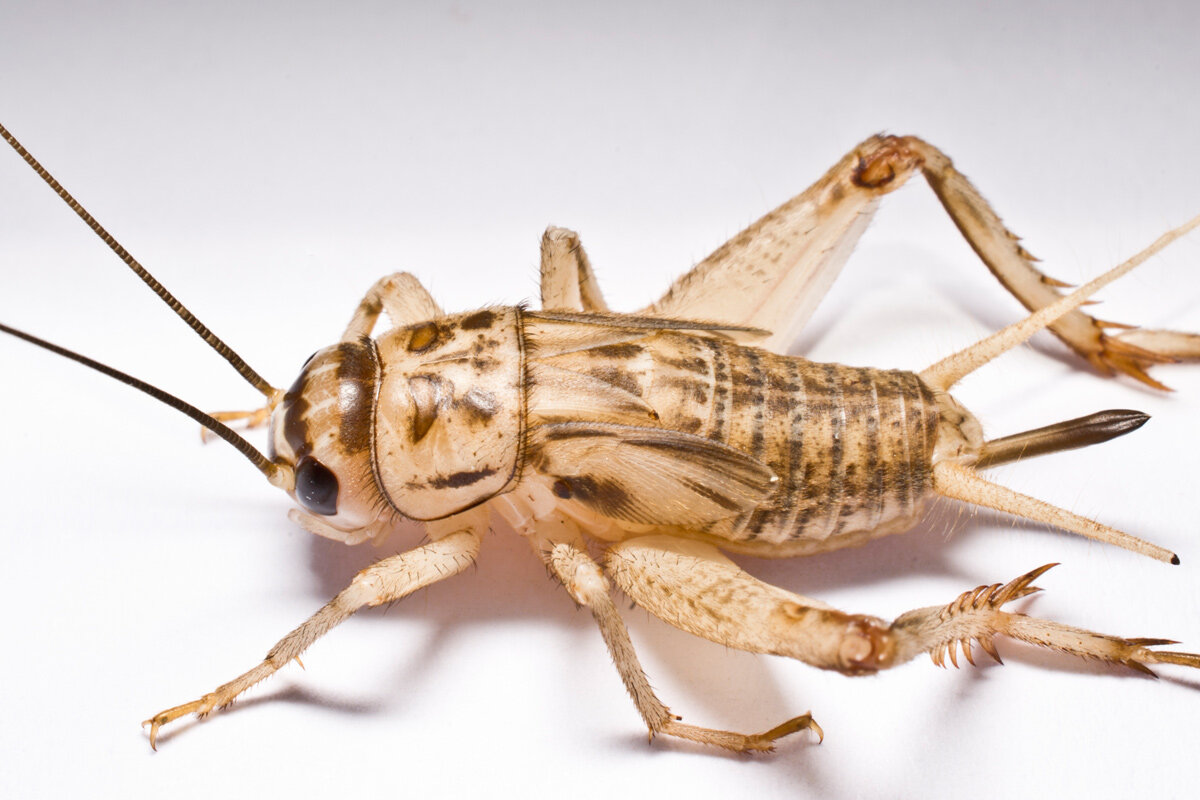
Each service location may face different pest pressures depending on sanitary, structural and environmental factors.
Stank Environmental specializes in eliminating:
Mice
Rats
Mosquitos
Ticks
Fly elimination strategies
Cockroaches
Ants
Crickets
Spiders
Stinging Insects
(Bees / Yellow Jackets / Wasps / Hornets)Occasional invaders + More






